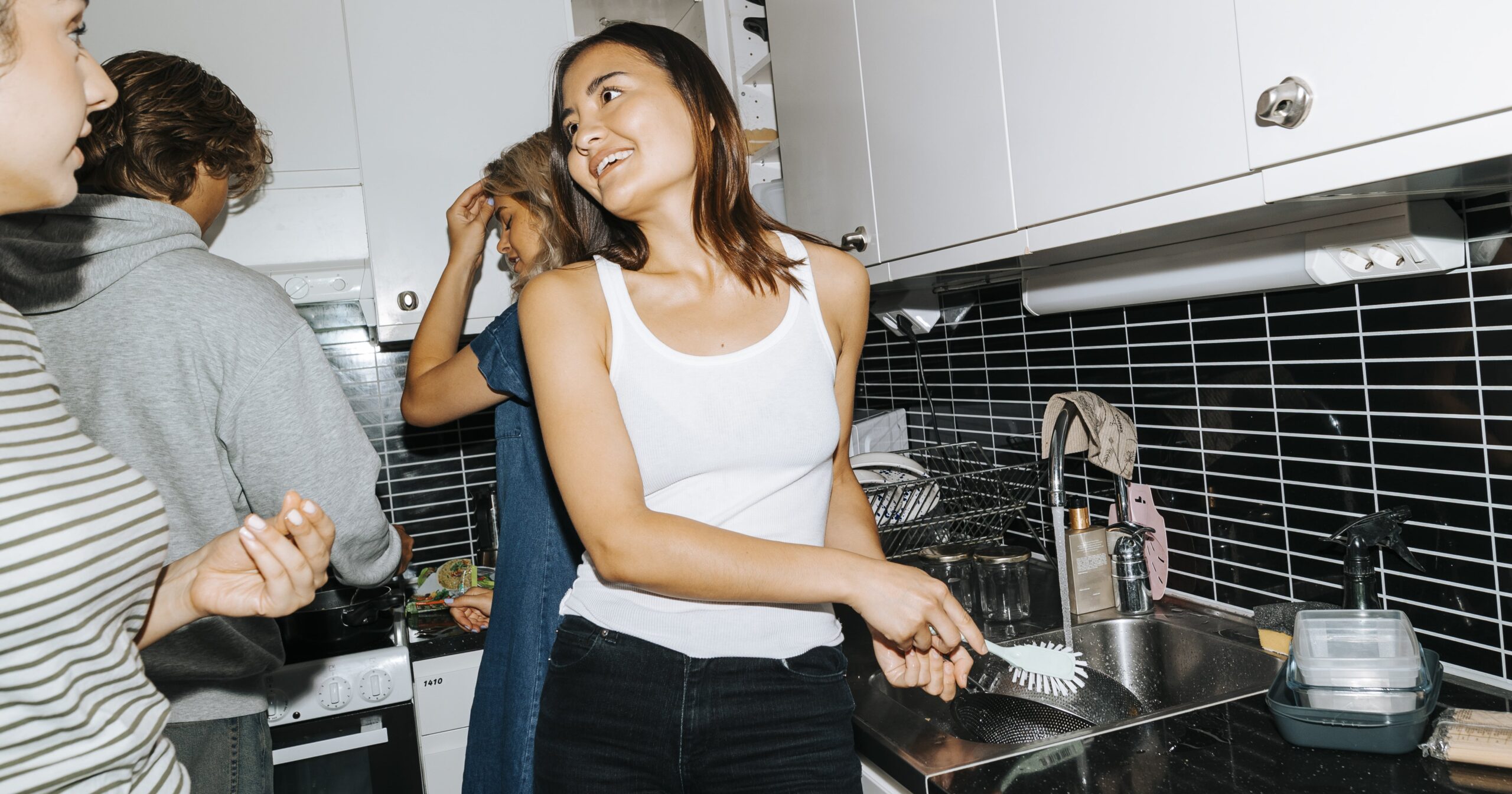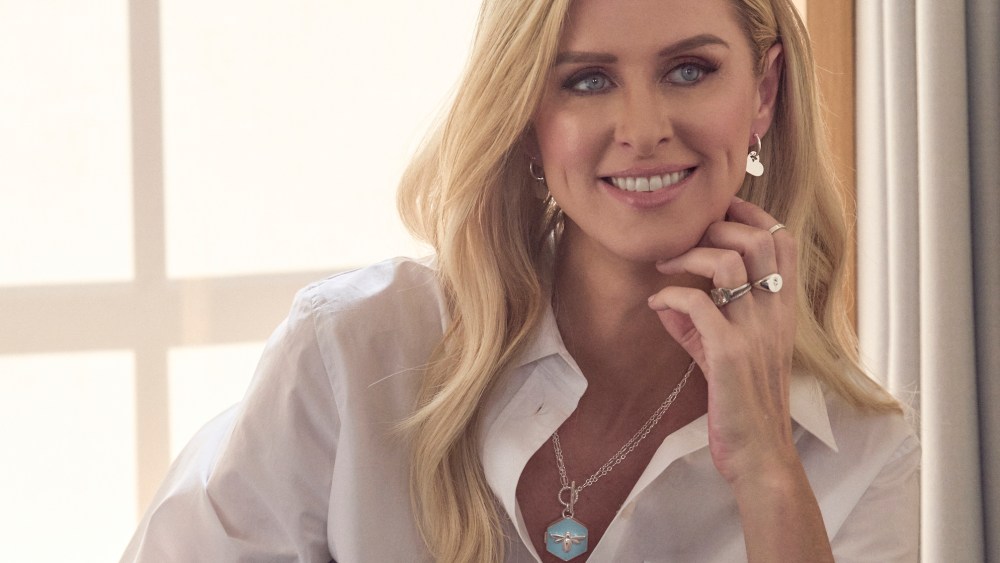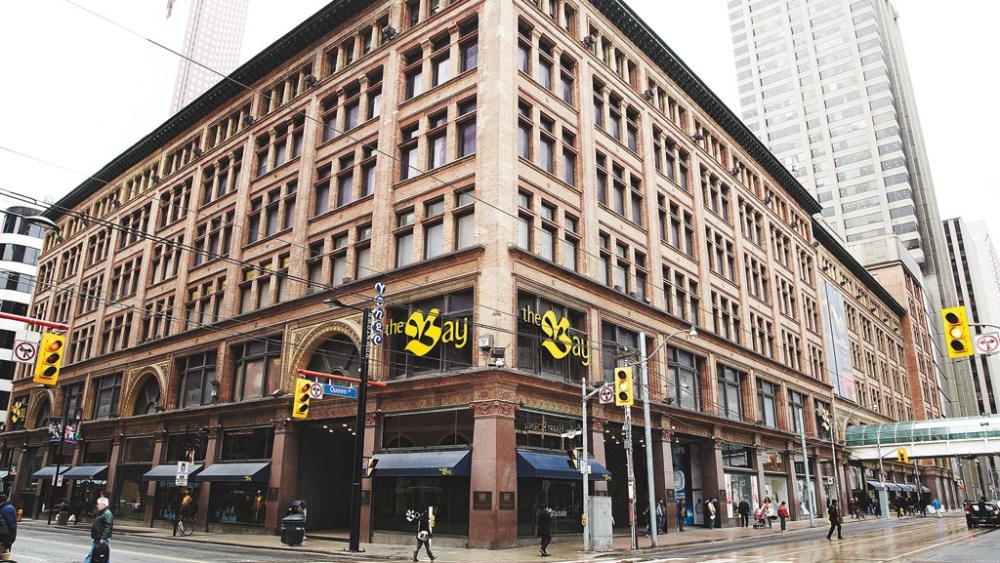For three years, Christi Newrutzen walked past a half-painted dresser in her house in Bellingham, WA. Gosh, I need to finish that, the 30-year-old trained speech pathologist would think to herself before continuing on with her day. I’ll get to it eventually. But the little voices in her head whispered poisonous things. In order to get back to it, they said, the conditions must be just right; the stars “need to align.” Three years in, a new voice in her head piped up and asked her a question that would kick start the rest of her life: how long would it actually take to finish this, though?
She filmed the process of finally painting it, which took less than two hours, and posted it on her TikTok. And she hasn’t looked back since. Now, Newrutzen’s videos – asking the same question about other seemingly arduous but ultimately pretty manageable tasks – get millions of views, and have led her to finish dozens of chores that would have otherwise gone on plaguing her subconscious indefinitely.
Having hacked her own productivity – and seeing how her “How Long Does It Actually Take?” series has resonated with such a broad audience – it dawned on her that she could share the wealth. So she started offering her (free) services to friends whose unfinished projects have similarly been stacking up, helping them tackle tedious but necessary chores like resumé-building, organizing art closets, and clearing out cluttered garages.
The get-it-done friend is . . . like a real-life blend of “Queer Eye” and Marie Kondo.
Newrutzen represents a new breed of friend: the “get-it-done” friend, ready to jump in and help – not just motivate – whenever you’re feeling overwhelmed by your to-do list. A get-it-done friend is a rare and precious companion, especially now, in an age marked by unprecedented visibility into the impacts of ADHD among young people and lots of heady discourse about the stigma of procrastination.
We’re living in a time of productivity paradoxes, when it’s somehow easier and harder than ever before for many of us to accomplish even the most basic tasks. Technology has never been so advanced; we’ve never had as many options at our fingertips to help tick things off our to-do lists. And yet, every day is a new struggle to dig up the energy needed to manage the endless scroll of a 21st-century agenda. One recent study actually found that mundane chores feel even more draining the closer we get to being done, meaning there may not even be a sense of relief when we finish, further disincentivizing us from starting them in the first place.
“In the digital age, we’re being fed all of this stuff about how easy it is, but we end up scrolling on our phones for five or six hours a day, stuck in a dopamine loop,” Newrutzen tells Popsugar.
The get-it-done friend is the perfect antidote, then, cheering you toward the finish line with a dose of self-reflective realness, like a real-life blend of “Queer Eye” and Marie Kondo.
The magic of these friendships is surprisingly straightforward. As Newrutzen found when she first started her series, simply giving herself a basic format and filming allowed her to shift her mindset and address her unfinished tasks. Instead of dwelling on how much effort they might take, or what elements she would need to have in place to make sure everything got done perfectly, turning her chores into a TikTok series was a way to “shrink” them in her mind, she says, and make them fun. As for helping her friends, she’s seen how body-doubling is often the secret ingredient to reaching the starting line. The Cleveland Clinic defines body-doubling as “doing a task or project while in the presence of one (or more) people,” which can encourage “focus, accountability, and productivity,” especially for people with ADHD.
“I think that a lot of the time we feel we need to do stuff all by ourselves, but body-doubling really does work.”
“I think that a lot of the time we feel we need to do stuff all by ourselves, but body-doubling really does work,” Newrutzen says. The presence of another person, especially a get-it-done friend who’s invested in the same activity you are, provides enough of a reset in your brain to suddenly view the activity with fresh eyes. “It’s fun if you’re doing it with somebody else,” she adds. “It doesn’t have to be as overwhelming of a task.”
New York–based psychologist Sabrina Romanoff, PsyD, recently told “Self” that “quality time doesn’t have to involve an hours-long special event or Instagram-worthy aesthetic. In truth, a shared errand is a valid form of connection.” In Newrutzen’s case, a shared chore or project counts, too – not to mention the bonding power of shouldering some of a friend’s emotional and physical load.
“I know it’s hard when you’re depressed and anxious and you feel like you can’t even get up to brush your own teeth,” she says. “But I want to inspire people to build community and to ask for help. That might be just the thing that you need to kick start stuff.”
Sometimes a get-it-done friend doesn’t help you get things done per se – but they’ll help you get started, which might actually be just as helpful. One recent video featured a friend of a friend who recruited Newrutzen’s help to clear out her parents’ cluttered home. The friend had been urging her parents to declutter for over 20 years, but the project always felt too big. Newrutzen cleared out just the garage – and carted away two trucks full of garbage – helping to dial down the overwhelm.
“That was a huge weight off their shoulders,” she says.
The majority of the friends she’s helped as part of this series text her afterward to tell her they were “on a roll” and kept on tackling other tasks long after she left, “all because of that little thing of having me there,” she says.
Newrutzen finds it deeply fulfilling to help her friends realize goals they’ve been putting off, sometimes for years – with no strings attached. She’s intimately familiar with the procrastination shame spiral, and knows that most of the time, what’s really holding us back are the voices inside our heads. (See: the three years it took her to complete two hours of work on her dresser.)
In the end, she says, “sometimes starting is the hardest part.” And if there’s anyone who can get you over that initial hurdle, it’s that one friend who’s an endless well of motivation, has an unshakeable belief in your competence, and looks great in a pair of rubber gloves.
Emma Glassman-Hughes (she/her) is the associate editor at PS Balance. In her seven years as a reporter, her beats have spanned the lifestyle spectrum; she’s covered arts and culture for The Boston Globe, sex and relationships for Cosmopolitan, and food, climate, and farming for Ambrook Research.




